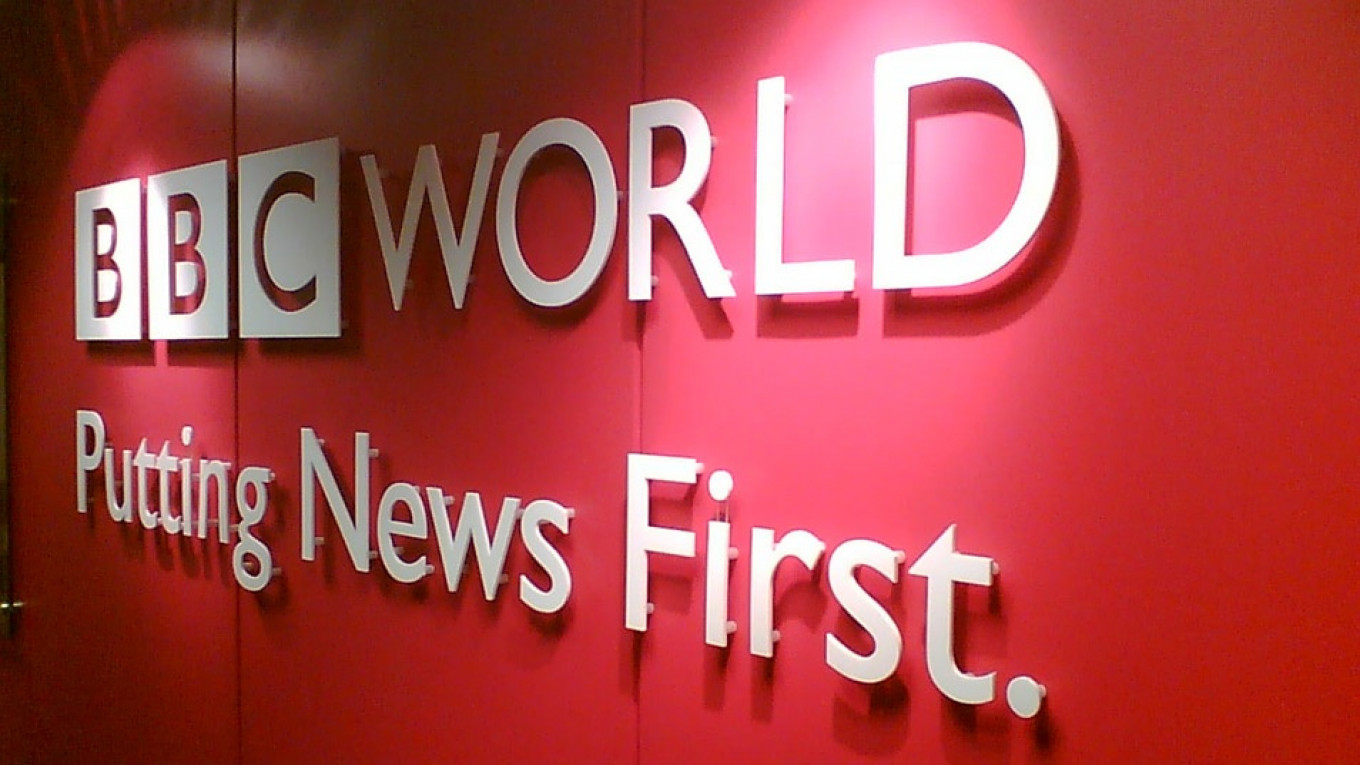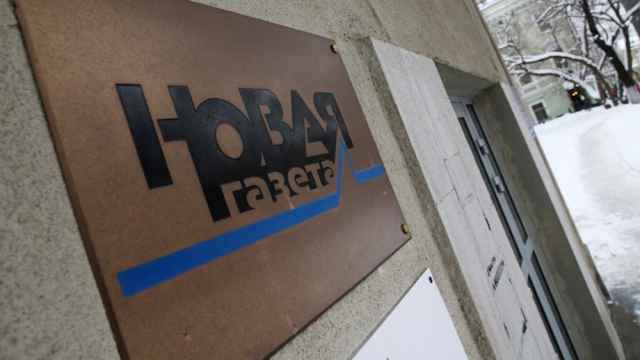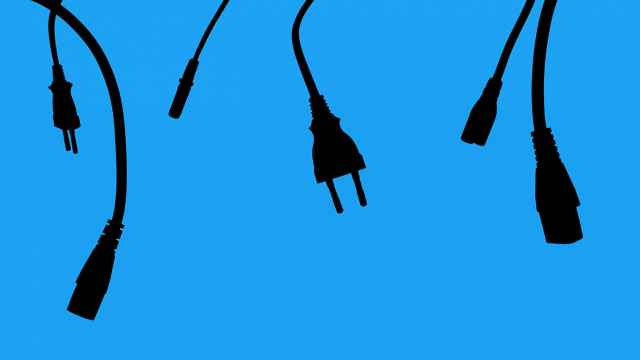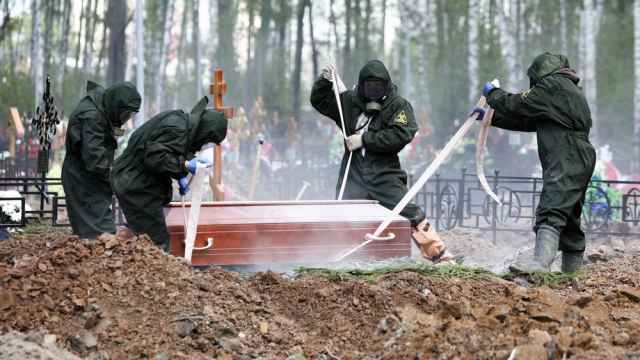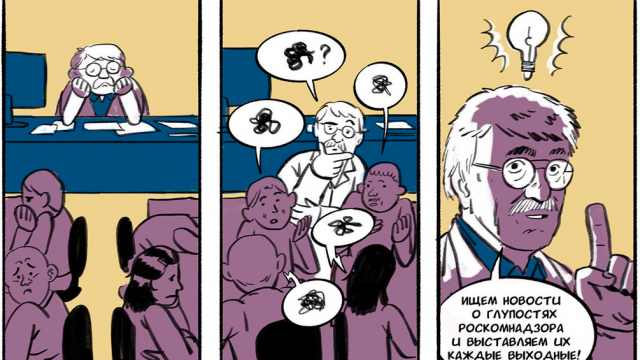Russia's media regulator said on Friday it would carry out checks to determine if the BBC World News channel and BBC internet sites complied with Russian law, a move it described as a response to British pressure on a Russian TV channel.
Roskomnadzor, the regulator, said in a statement its checks were Russia's response to a decision by British media regulator Ofcom, which on Thursday said that Russian broadcaster RT had broken impartiality rules in some of its news and current affairs programmes.
"The results of our check will be announced separately," the Russian regulator said.
There was no immediate comment from either the BBC or Ofcom.
Ofcom said on Thursday it was considering imposing some kind of sanction on RT, which is financed by the Russian state. It took issue in particular with its coverage of the poisoning in Britain of former Russian spy Sergei Skripal and his daughter.
Britain has accused agents working for Russia's military intelligence agency, the GRU, of committing the crime, an allegation Moscow denies.
British Media Secretary Jeremy Wright also weighed in on Thursday, saying what he called RT's mask as an impartial news provider was slipping.
RT rejected Ofcom's findings, saying Ofcom had ignored its explanations and not paid "due regard" to its rights.
Commenting on the launch of the Russian investigation on Friday, Margarita Simonyan, RT's editor-in-chief, said on Twitter that Ofcom had hinted that it planned to strip her channel of its broadcasting licence in Britain.
"[Welcome to the] brave new world," she wrote.
"I assume they [the Russian regulator] will now look to see if the BBC expresses alternative points of view. With a microscope."
Russian state media has criticized the BBC in recent days, accusing it of trying to falsely prove that Moscow was involved in whipping up street protests in France, a charge that Russia rejects.
A Message from The Moscow Times:
Dear readers,
We are facing unprecedented challenges. Russia's Prosecutor General's Office has designated The Moscow Times as an "undesirable" organization, criminalizing our work and putting our staff at risk of prosecution. This follows our earlier unjust labeling as a "foreign agent."
These actions are direct attempts to silence independent journalism in Russia. The authorities claim our work "discredits the decisions of the Russian leadership." We see things differently: we strive to provide accurate, unbiased reporting on Russia.
We, the journalists of The Moscow Times, refuse to be silenced. But to continue our work, we need your help.
Your support, no matter how small, makes a world of difference. If you can, please support us monthly starting from just $2. It's quick to set up, and every contribution makes a significant impact.
By supporting The Moscow Times, you're defending open, independent journalism in the face of repression. Thank you for standing with us.
Remind me later.


